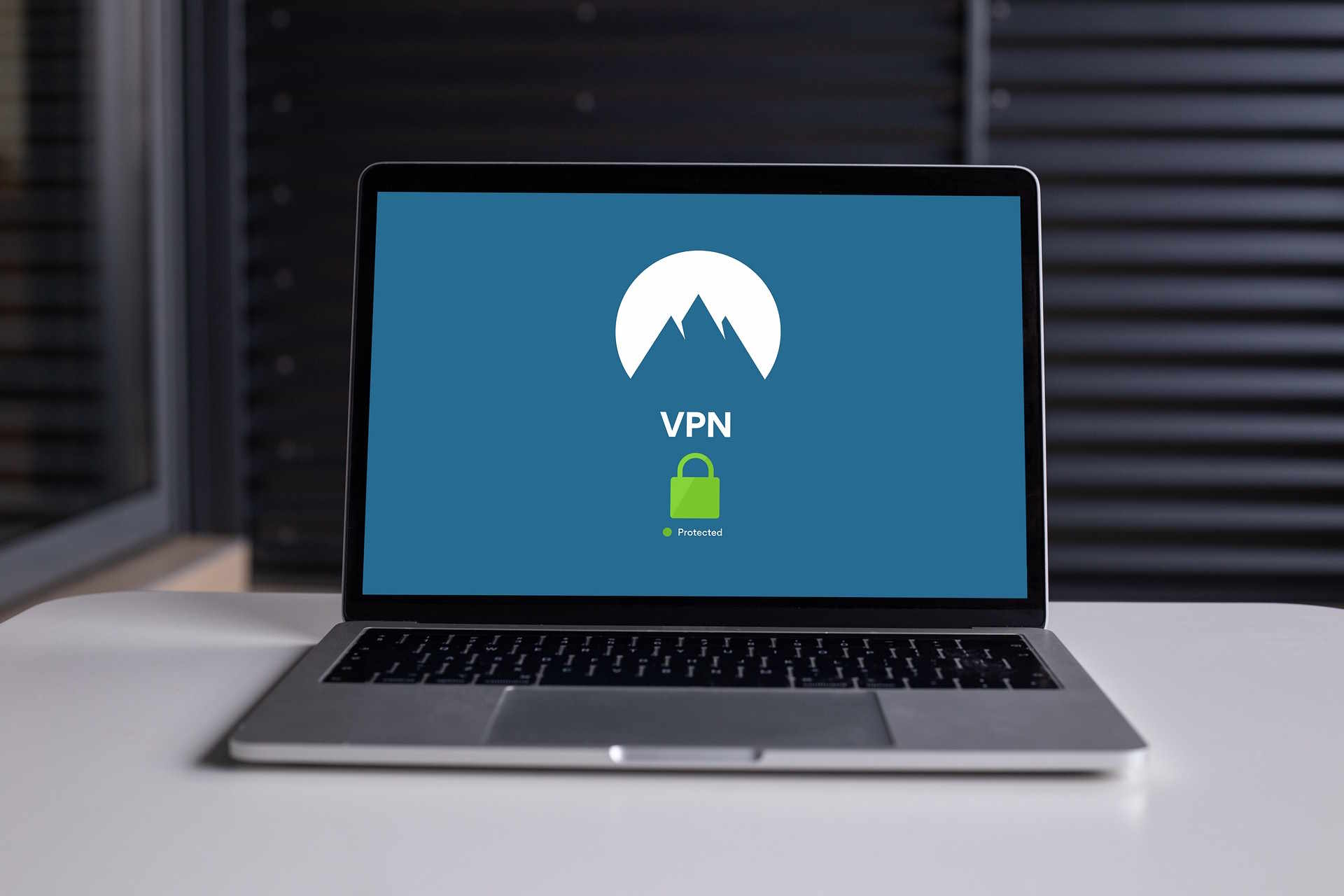Home-Based Work: Practical Steps to Get Started
The rise of remote work has opened countless opportunities for people to earn income from the comfort of their homes. Whether you're looking to supplement your current income or transition to full-time remote work, understanding the landscape of home-based opportunities is crucial. From legitimate freelancing platforms to simple task-based work, the options are more diverse than ever. However, navigating this space requires knowledge of what to look for, how to avoid scams, and which opportunities offer genuine earning potential. This guide provides practical insights into starting your home-based work journey successfully.

Discovering Home-Based Side Gigs
The home-based work market has expanded significantly, offering opportunities across various skill levels and time commitments. Popular categories include virtual assistance, content creation, online tutoring, data entry, customer service, and digital marketing support. Many platforms now connect remote workers with businesses seeking flexible talent, making it easier than ever to find legitimate opportunities.
Freelancing websites, remote job boards, and gig economy platforms serve as primary starting points for most people. These platforms typically offer project-based work, allowing you to build experience and establish a reputation gradually. The key is identifying which type of work aligns with your skills, available time, and income goals.
How To Spot A Real Work-From-Home Opportunity
Distinguishing legitimate opportunities from scams requires careful evaluation of several factors. Genuine employers provide clear job descriptions, realistic compensation structures, and transparent communication throughout the hiring process. They never ask for upfront payments, personal financial information beyond standard tax forms, or require you to purchase expensive starter kits.
Red flags include promises of unrealistic earnings with minimal effort, vague job descriptions, pressure to act immediately, and requests for sensitive personal information early in the process. Legitimate companies have verifiable contact information, professional websites, and positive reviews from actual employees. Research potential employers thoroughly using multiple sources before committing time or sharing personal information.
Understanding Remote Packing: The Facts About Simple Home Tasks
Remote packing and similar simple home tasks represent a specific category of work-from-home opportunities that often generate confusion. Legitimate versions of these jobs typically involve quality control, product inspection, or small-scale assembly work for established companies. However, this sector is also where many scams operate, promising easy money for minimal effort.
Real remote packing opportunities are usually offered by companies with physical products that need quality assurance or final preparation before shipping. These positions typically pay modest hourly rates and require adherence to specific quality standards. The work is often seasonal or project-based, making it suitable for supplemental rather than primary income.
Building Your Home-Based Work Foundation
Successful home-based work requires establishing proper systems and routines. Create a dedicated workspace that minimizes distractions and maintains professional standards for video calls or client interactions. Invest in reliable internet connectivity and basic equipment necessary for your chosen field, such as a quality headset for customer service roles or design software for creative work.
Time management becomes crucial when working from home. Establish clear boundaries between work and personal time, set realistic daily goals, and maintain consistent communication with clients or employers. Many successful remote workers use project management tools and scheduling applications to stay organized and meet deadlines consistently.
Developing Skills for Remote Work Success
Most home-based opportunities require specific skills that can be developed through online courses, tutorials, or practice. Communication skills are universally valuable, as remote work relies heavily on written and verbal interaction. Technical skills like basic computer proficiency, familiarity with common software applications, and understanding of online collaboration tools are increasingly important.
Consider your existing skills and how they translate to remote work opportunities. Teaching experience might lead to online tutoring, retail background could support virtual customer service roles, and writing abilities open doors to content creation opportunities. Continuously improving your skills through free online resources can expand your earning potential over time.
Income Expectations and Financial Planning
Home-based work income varies significantly based on the type of work, time invested, and skill level required. Entry-level positions like data entry or simple customer service typically pay minimum wage or slightly above, while specialized skills can command higher rates. Freelance work often starts at lower rates but can increase as you build reputation and expertise.
It’s important to track all income and expenses related to home-based work for tax purposes. Many remote workers are classified as independent contractors, meaning they’re responsible for managing their own taxes and potentially paying quarterly estimated payments. Consider consulting with a tax professional to understand your obligations and potential deductions for home office expenses.
Working from home offers flexibility and convenience, but success requires dedication, realistic expectations, and careful selection of opportunities. Start with reputable platforms, verify all opportunities thoroughly, and gradually build your skills and reputation in your chosen field. With patience and persistence, home-based work can provide meaningful income and career satisfaction.




